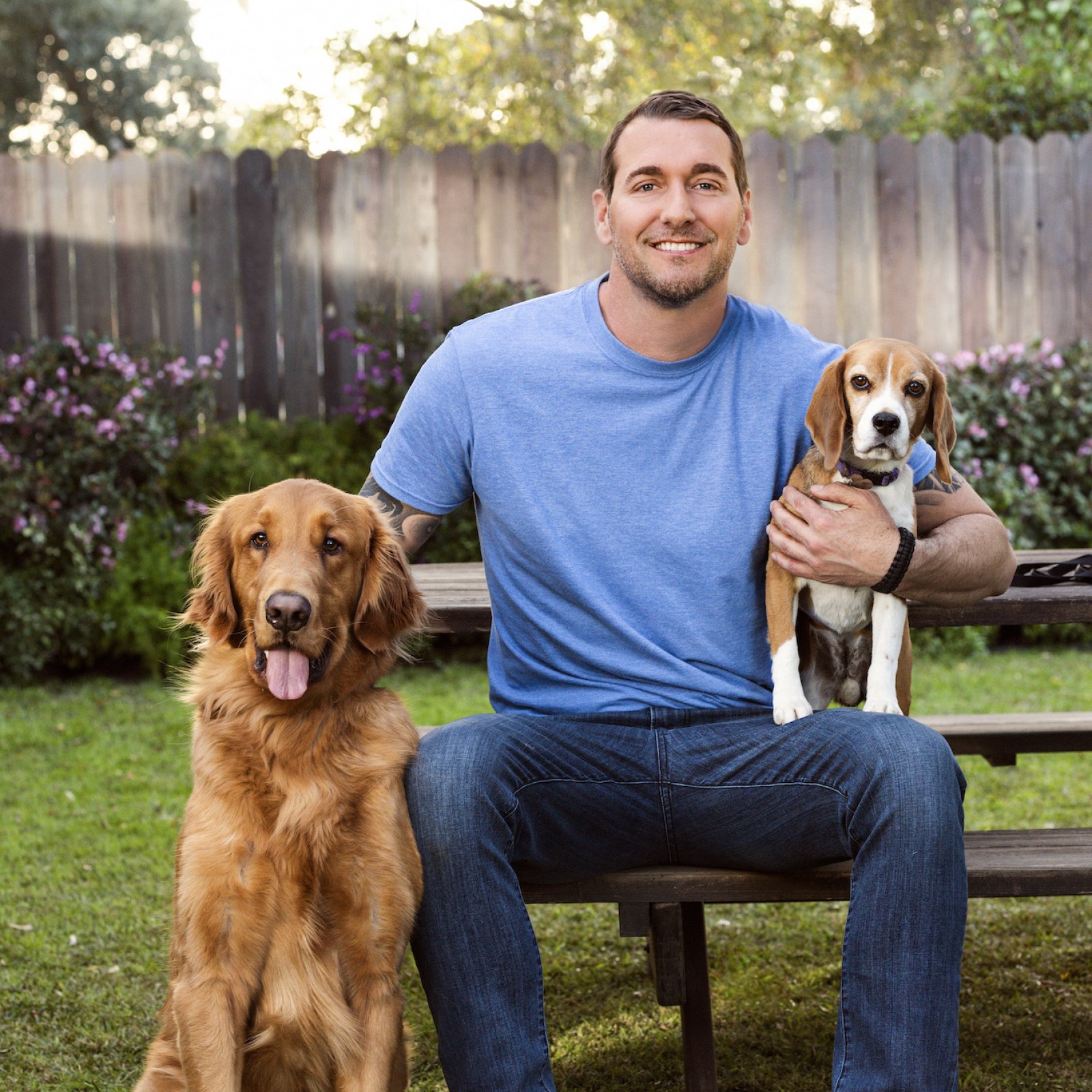Unlock Your Dog's Potential: Proven Pet Dog Training Methods for Success
Reliable pet training is a nuanced process that hinges on recognizing canine habits and employing clinically backed methods. By including positive reinforcement, developing clear commands, and focusing on socializing, canine proprietors can cultivate an efficient partnership with their pet dogs.
Understanding Dog Actions
Understanding pet dog behavior is crucial for efficient training and fostering a favorable relationship between dogs and their proprietors. An extensive grasp of canine body movement, articulations, and social interactions is vital for recognizing their feelings and requirements. Pet dogs interact mostly with non-verbal cues; for instance, a wagging tail might show excitement, while pinned ears can signal fear or entry.

Moreover, environmental variables play a significant role in forming a pet's behavior. Adjustments in routine, new surroundings, or the presence of unknown individuals can lead to stress or anxiousness in canines. Recognizing these triggers allows proprietors to mitigate damaging reactions and develop ideal training methods.
Inevitably, a deep understanding of pet actions lays the structure for successful training techniques, enhancing both habits and the general bond in between the pet and its owner. dog training charlotte. This expertise is important for cultivating a well-adjusted, happy canine buddy
Favorable Reinforcement Strategies
Reliable training relies greatly on positive support strategies, which have been revealed to generate significant outcomes in shaping wanted habits in pet dogs. This strategy involves awarding a pet dog for displaying certain actions, consequently boosting the possibility that these actions will be duplicated. Rewards can take different forms, consisting of deals with, appreciation, toys, or play, depending upon what motivates the specific pet dog.

It is necessary to gradually terminate incentives as the pet finds out the habits, transitioning to periodic support. This approach maintains the behavior over time while stopping dependence on continuous incentives. By focusing on positive support, trainers can cultivate a relying on relationship with their canines, advertising a healthy and participating training setting that improves overall obedience and efficiency.
Developing Regular Commands
An essential element of successful dog training is the facility of regular commands. Consistency in commands is vital for effective interaction between the dog and the instructor. When commands are uniform, dogs learn to connect details words with desired actions, which increases the training procedure and improves understanding.
To establish regular commands, it is important that all family members make use of the same terminology and motions. As an example, if a single person utilizes "sit" while one more claims "take a seat," it can create confusion for the pet dog. Select clear, distinct words for commands and make sure everyone included in useful reference the pet dog's training abides by these selections.
Enhance commands via constant technique, making sure that the pet dog gets sufficient chances to respond correctly. When a dog efficiently adheres to a command, instant positive reinforcement should adhere to.
Last but not least, be individual. Developing constant commands takes time and initiative. With devotion and clearness, you will help your dog create a solid understanding of expectations, eventually bring about a mannerly companion.
Socialization and Exposure
Mingling a pet dog is necessary for promoting a confident and well-adjusted buddy. This process entails subjecting your canine to a selection of atmospheres, people, and various other animals to create their social skills and helpful site flexibility. Early socialization, ideally between the ages of 3 to fourteen weeks, is vital, as it prepares for a pet's future habits.
Throughout socialization, purpose to supply favorable experiences in different setups, such as parks, hectic roads, and homes with other family pets. Introduce your pet dog to various stimulations, consisting of sounds, views, and smells, making certain that each encounter is fulfilling. This exposure assists mitigate concern and anxiety, paving the means for a more durable pet.
Engaging in controlled team play sessions with various other pet dogs can additionally boost social abilities, teaching your pet suitable interactions and boundaries. Prioritizing socialization will considerably contribute to your dog's overall happiness and behavior throughout their life.
Conquering Common Educating Difficulties

Pet dogs might struggle to focus in unfamiliar or busy settings. Progressively desensitize your pet to distractions by starting training in a silent environment and slowly introducing more stimuli as they end up being skillful.
Additionally, behavioral issues like jumping or extreme barking can come to be irritating. Address these by teaching alternate habits, such as resting comfortably when welcoming visitors. Uniformity and perseverance are crucial; reinforce desired habits regularly and prevent scolding, which can result in try this web-site confusion.
Last but not least, identify that each pet dog is one-of-a-kind, and training timelines might differ. Dressmaker your technique to your pet dog's private needs, and seek professional guidance if necessary. With willpower and the right strategies, overcoming these challenges can result in a well-trained, pleased canine companion.
Verdict
Finally, opening a canine's potential necessitates a thorough technique that incorporates an understanding of canine behavior, the application of positive support methods, and the establishment of regular commands. Early socialization and exposure to varied atmospheres further boost a pet dog's versatility and confidence. By resolving typical training challenges with customized methods and patience, a unified and cooperative partnership in between dog and trainer can be fostered, inevitably leading to a mannerly buddy capable of thriving in various scenarios.
Efficient pet training is a nuanced procedure that pivots on recognizing canine actions and employing clinically backed approaches.Recognizing pet behavior is vital for effective training and cultivating a positive connection in between canines and their proprietors.Effective training depends greatly on positive reinforcement strategies, which have been shown to generate significant results in forming wanted behaviors in pet dogs. When commands are consistent, pets learn to connect details words with desired habits, which increases the training procedure and enhances understanding.
In final thought, opening a pet's potential necessitates a detailed strategy that includes an understanding of canine habits, the application of positive support strategies, and the facility of regular commands.
Comments on “Unleash Potential with Dog Training Near Me: Locate Your Local Specialists”